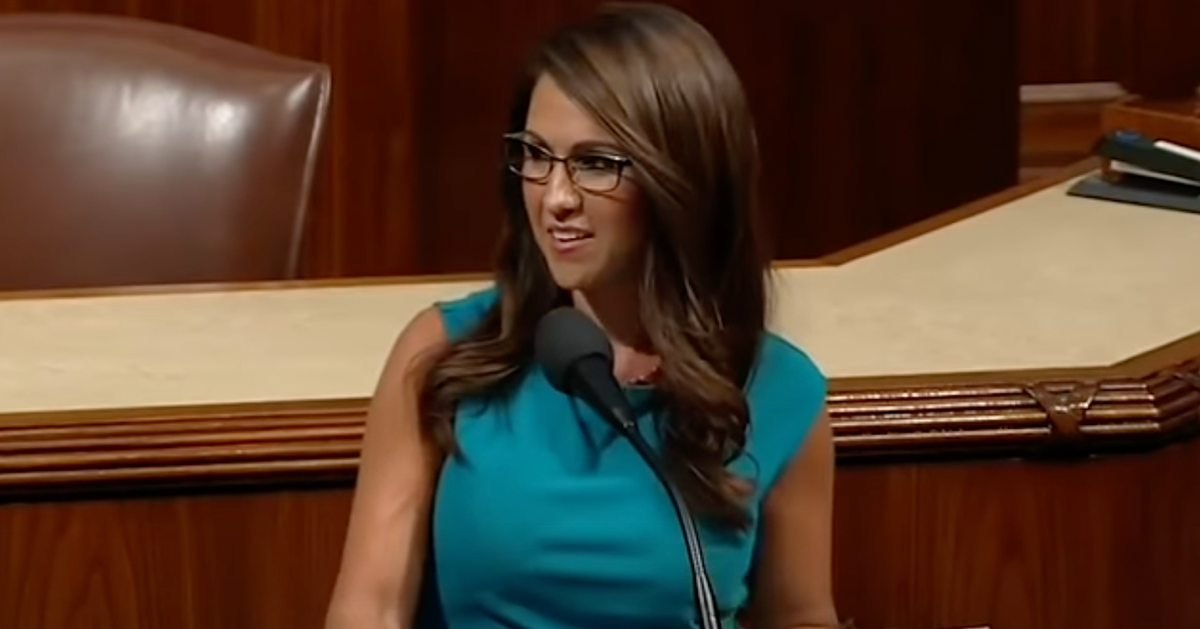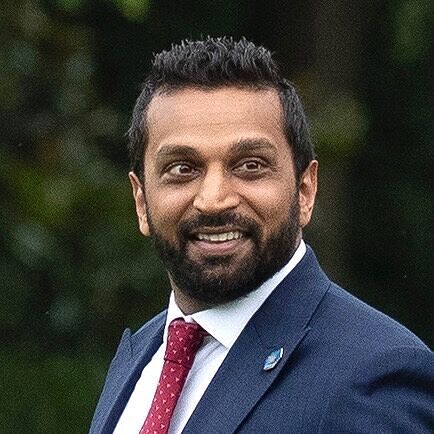Sen. Ted Cruz Discusses Support for Trump on Greenland, Panama Canal Plans
In a move that highlights his view of strategic geopolitical interests, Sen. Ted Cruz has voiced his endorsement of President-elect Donald Trump's plans to acquire Greenland and regain influence over the Panama Canal.
During a recent episode of his Verdict podcast, Cruz detailed the reasons why he finds Trump's proposals appealing, emphasizing national security and economic advantages, as the Daily Wire reports.
In the podcast discussion aired this week with co-host Ben Ferguson, Cruz reflected on the advantages of acquiring Greenland, a territory of Denmark situated in the Arctic.
Cruz emphasized its critical position for national defense, especially given global tensions with powers like Russia and China. The senator noted the increasing value of Arctic trade routes, which are becoming more accessible due to climate change.
Greenland's Strategic Benefits, Outlined
Cruz argued that Greenland holds potential beyond just its strategic location. The island is abundant in significant mineral reserves, which are becoming increasingly crucial. These resources are essential for the manufacturing of semiconductors and electronic devices, which are crucial to modern technological advancements and defense systems.
"The U.S. securing Greenland is wise," Cruz commented, acknowledging Trump's similar sentiments during his first presidential term. At that time, Trump's proposition was met with widespread skepticism from the media and international observers.
Cruz detailed the extensive mineral reserves present in Greenland. These include critical materials needed in high-tech industries, emphasizing their growing importance. He conveyed the immense value these resources would bring to the U.S. economy and defense infrastructure.
Concerns Over Chinese Influence in Panama
The senator also addressed concerns regarding the current state of the Panama Canal, a passage whose control became a contentious geopolitical issue. He argued that Panama had violated terms agreed upon when former U.S. President Jimmy Carter transferred control of the canal to Panama.
One of Cruz's main criticisms is the substantial involvement of Chinese enterprises in canal operations. "It's worrisome how much influence China has gained," he remarked, highlighting the strategic importance of the canal in global shipping and trade.
Chinese companies, according to Cruz, have obtained control over significant parts of the canal, which he believes poses a security threat. He condemned what he sees as the negligent oversight by current and past U.S. administrations on this matter.
Potential Repercussions of New Policies
Cruz's comments signal potential policy shifts as the U.S. gears up for a new administration. By aligning with Trump on these initiatives, Cruz suggests a focus on counteracting Chinese economic and military ambitions, particularly across the Western Hemisphere.
Discussion around the Panama Canal has stirred debates about international agreements and the balance of power in Central America. Cruz's analysis criticizes prior U.S. leadership for allowing a strategic asset to be under growing foreign control.
"For the U.S. to remain a key economic and military power, addressing these geopolitical issues is essential," Cruz stressed, noting that the current situation at the canal is "untenable."
Historical Context and Next Steps
The Panama Canal, an engineering marvel completed in the early 20th century, has been central to global shipping, facilitating quick passage between the Atlantic and Pacific Oceans. Its transfer to Panama was meant to symbolize a new era of diplomacy; however, Cruz's remarks suggest a reevaluation of this decision might be necessary.
The feasibility and future implications of acquiring Greenland and reassessing the canal's control remain topics for intricate diplomatic discussions. Both subjects involve complex international law considerations and potential repercussions on foreign relations.
While Cruz and Trump face potential opposition both domestically and abroad, their unified stance signifies broader objectives. These efforts demonstrate a willingness to challenge traditional diplomacy in favor of perceived national benefits.
As the Trump administration prepares to take office, Cruz’s support highlights potential shifts in American foreign policy, particularly regarding critical global assets.
In the coming months, these propositions may serve as pivotal talking points, not only within U.S. borders but also in international forums. Observers will watch keenly to see how these initiatives unfold under the new administration, reflecting on the broader implications for international relations and global trade dynamics.






